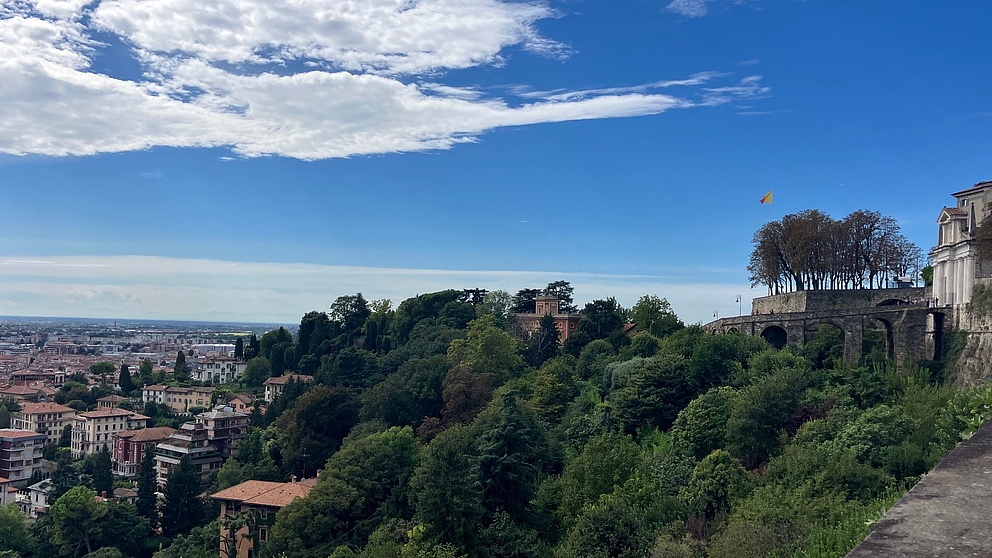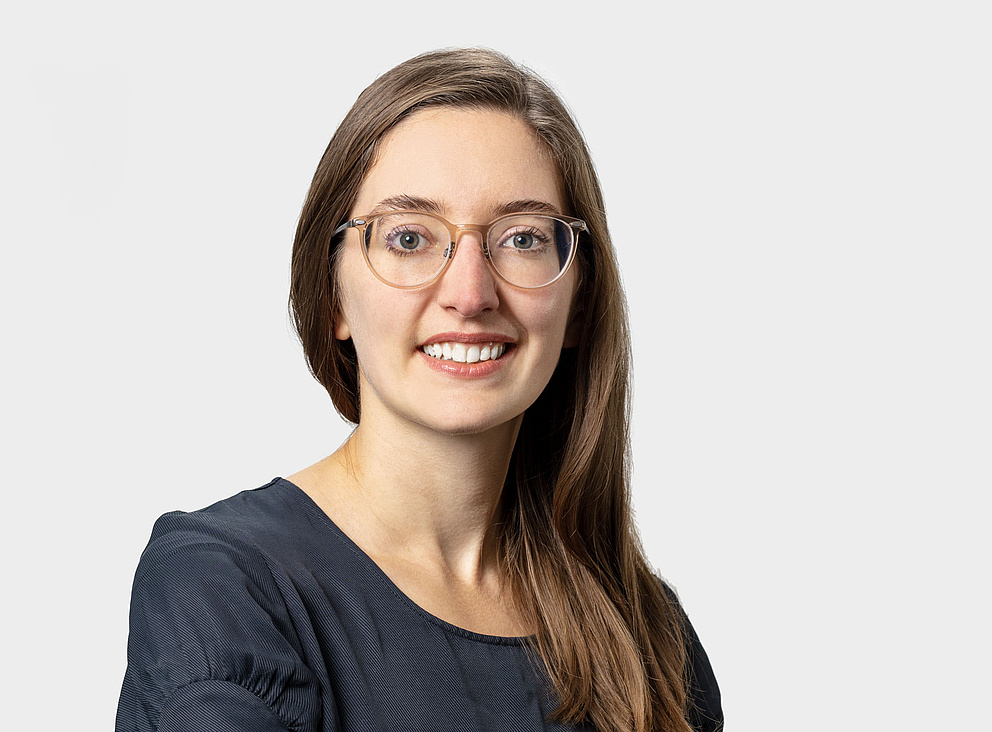

Contact
Press, Communications and Marketing
Tel.: +49 228 833-144
Fax: +49 228 833-441
presse[at]avh.de
In 18th century Germany, young sons of the middle classes saw themselves reflected in Goethe’s character Werther, a young man suffering from the pains of love. The identification was so strong that they dressed in a blue cloth tailcoat, a yellow vest, yellow leather breeches, gauntlet boots and a gray felt hat – the so-called Werther costume.
Young readers who immerse themselves in fictional worlds or bring fiction into reality through costumes – such forms of reception are still familiar today. But how did affect cultures of the 18th century differ from those of today? With what feelings do readers receive literature? And how strongly do they identify with the characters in a text?
German scholar Elisa Ronzheimer, who teaches and researches at the Faculty of Linguistics and Literary Studies at Bielefeld University, deals with questions like these. She completed her doctorate as part of the Ph.D. programme in the German Department at Yale University – on the subject of metrical and verse discourse in Klopstock, Hölderlin, Novalis, Tieck and Goethe.
From Bielefeld to Bergamo: new perspectives for research and teaching
After several years of academic work in Bielefeld, during which she worked on her habilitation alongside teaching, Ronzheimer felt the need for an “intellectual change of scenery”.
Her choice fell on Italy – the country “where the lemons bloom”. She had already met Elena Agazzi, Professor of German Studies at the University of Bergamo, during an Erasmus student exchange. “Elena Agazzi is not only one of the most renowned and well-known Germanists in Italy, she is also a fantastic hostess who looks after her guests with great dedication,” Ronzheimer still raves about her mentor today.
The Lynen Research Fellowship: flexibility and new freedom
As Elena Agazzi herself is part of the Humboldt Network, it was an obvious choice to apply for a Lynen Research Fellowship from the Alexander von Humboldt Foundation. “And I would really like to thank the Foundation for its flexibility. When I unexpectedly received an invitation from the USA, I was able to split the fellowship without any problems,” reports Ronzheimer.
She spent a total of three months in Bergamo in both 2023 and 2024. From her point of view, the stay abroad not only made sense from a professional perspective, but also strategically. “It’s also definitely important for humanities scholars to go abroad during the postdoc phase,” emphasizes Ronzheimer – not least because it also gives you the freedom to write.
“Being able to demonstrate international experience and mobility is always an advantage – I’m convinced of that!”
Research impulses through a change of perspective
The exchange with Italian colleagues also changed her academic approach: Elena Agazzi advised her to make her theoretically oriented habilitation project more compatible with literary-historical questions.
Ronzheimer finds this change of perspective particularly enriching: “Italian German studies has a very rich literary and cultural-historical knowledge – we can learn from this from so-called ‘domestic German studies’. That’s what makes the stay so enriching: I was able to get a taste of other research discourses and get to know another academic culture outside Germany.”
Outlook: Research with vision
Back in Bielefeld, Ronzheimer is continuing to work on her habilitation, which she hopes to complete in around two years. She is also involved in teaching and projects – it remains to be seen where she will go after that.
One thing is certain for her: Mobility broadens horizons – both academically and personally. She would recommend a research stay abroad with hosts from the Humboldt Network to any postdoc.
“The Lynen Fellowship offers the opportunity to make contacts in a new environment and to broaden your own horizons through new impulses”

